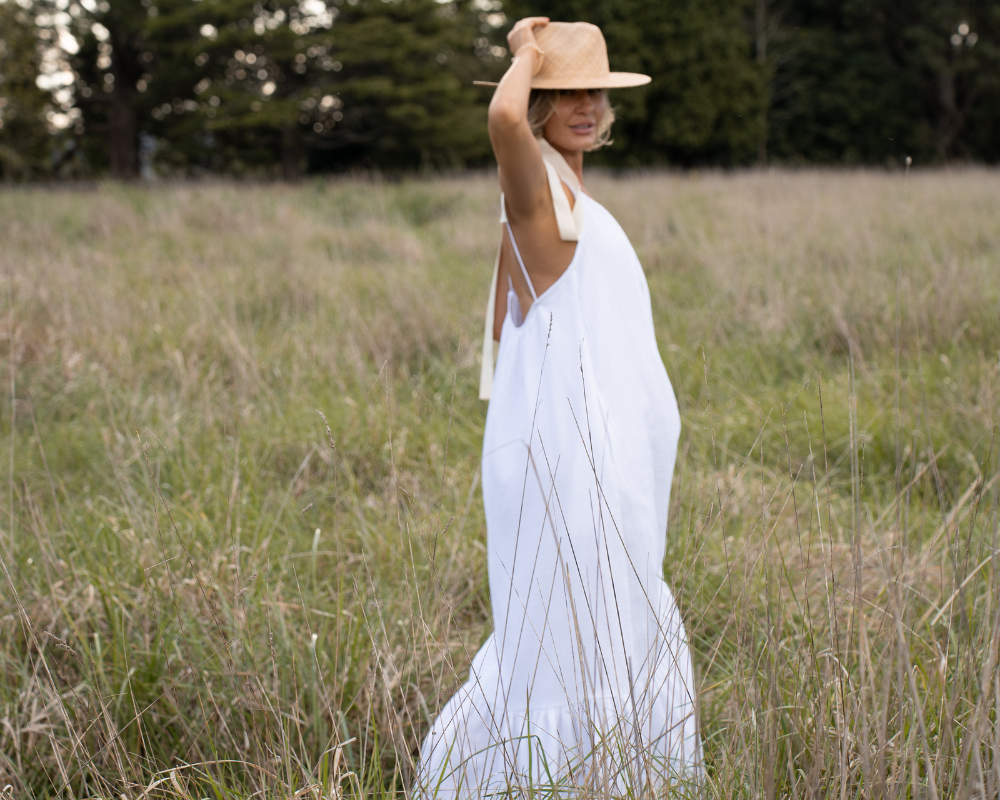Luxury fashion is a contradiction in terms. Fashion with its fast-changing trends has often captivated the luxury market, but shouldn’t luxury be timeless?
The two don’t always go hand in hand but if the fashion industry is to move forward from its throw away nature, we as consumers are going to have to move beyond the belief that luxury apparel is an unnecessary opulence. I would argue that the luxury fashion market is perfectly suited to be a progressive and innovative leader in the ever-growing world of sustainable fashion.
Craftsmanship requires thought and consideration. A product is luxe when it is handmade, tailored to fit and made to last. Good taste should be well considered not thrown away after one season. The money we save buying cheap clothes soon comes back to bite us when we need to repair or replace them. As the saying goes – “You’re not rich enough to buy cheap things!”

I have often asked myself the question – How can I love fashion and all its glory when the clothing industry has such a disastrous impact on the environment? The fact remains that the clothing industry is one of the largest polluters in the world second only to the oil industry. For me, there are solutions and alternatives to help lessen the problems.
Slow It Down
Pre-seasons and resort collections have found their way into the traditional selling seasons of Spring/Summer and Autumn/ Winter. A two week turn around to get new styles in store is not uncommon from fast fashion retailers. The Slow Fashion scenario challenges the fast fashion model by being more efficient with resources and reducing the need to change designs as often. Slow fashion puts the focus on designs with lasting appeal and longevity. This is a tough call for brands but it’s one that we at Twill & Tee are committed to as an online retailer.
Go Green
By using innovative materials and reducing waste in the production process brands are working to reduce their fashion footprint on the environment. Sustainable fabrics are derived from resources such as sustainably grown crops or recycled materials which are not only better for the environment but the workers’ health and livelihoods. I believe that consumers do care about sustainability when they know why they are paying more for certain fibres and garments. Luxury fabrics such as organic cotton, wool, hemp and linen not only wear better but break down easily and are therefore compostable. You can read more about our love of organic cotton in our Journal post Why I Choose To Use Organic Cotton.

Sustainable clothing doesn’t have to mean loose hippy pants and baggy sweaters. After all, if attention to detail, commitment to skilled artisans and exquisite fabrics don’t define luxury fashion, what does?
“Demand quality not just in the products you buy, but in the life of the person who made it.” — Orsola de Castro, designer and cofounder of Fashion Revolution.



